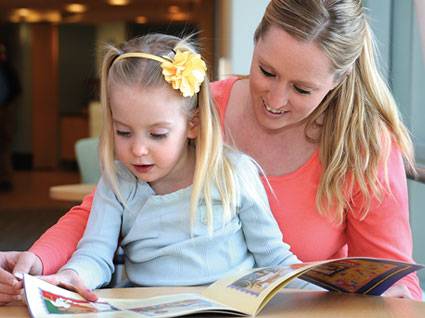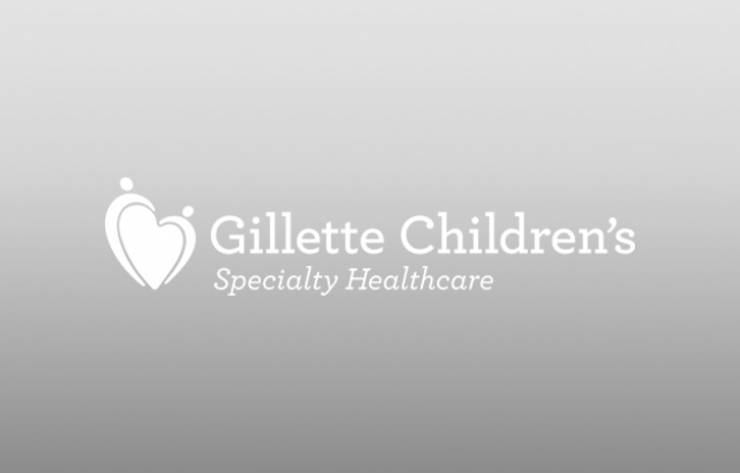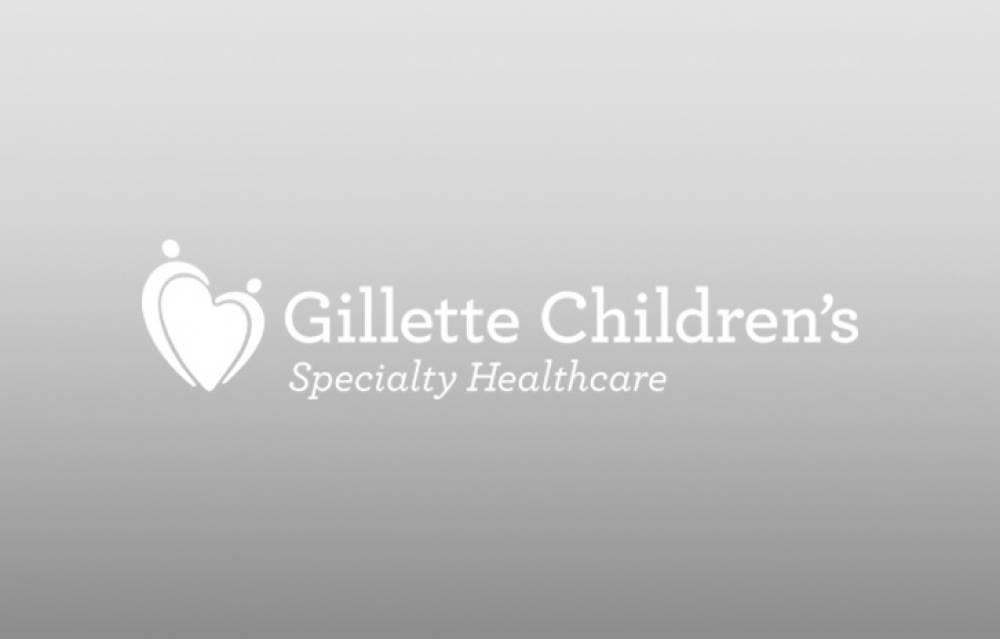-
{care_team_members status="Open|hide from care team page"}
-

{care_team_members:ct_first_name} {care_team_members:ct_last_name}
{care_team_members:ct_full_title}
{/care_team_members}
person:channel_short_name: {person:channel_short_name}
person:
title: {person:title}
-
{links}
{/links}
No category selected to display locations. Locations Dynamic
-
{locations}
- {locations:title} {/locations}
-
{widget}
{widget:widget_content}
- {widget:widget_content:tab_title} {/widget:widget_content} {/widget}
Every parent wants their child to be healthy, but that isn’t always the case. The reality is that as many as one in about 325 parents will have a child who has a complex medical condition such as cerebral palsy, according to the Center for Disease Control and Prevention (CDC). The CDC also says about one in six children will have some type of developmental disability. However, just because a child is diagnosed with a complex medical condition or developmental delay, it doesn’t mean he or she can’t live a happy, fulfilling — and most importantly — meaningful life.
“Discovering your child has a complex medical condition can be devastating news,” says Marcie Ward, M.D., a pediatric rehabilitation medicine specialist at Gillette Children’s. “While it may be difficult to hear, there is no need to despair — there are so many interventions available for parents and outcomes can be very good.”
 Some risk factors for developmental delays include contracting a virus in utero, premature birth, inheriting a genetic difference and drinking, smoking or drug use while pregnant. Cerebral palsy and developmental disorders have a wide spectrum of severity. For example, in some patients, their classmates may not even recognize their peer has a disability. In others, it’s more obvious — children may not be able to walk or talk.
Some risk factors for developmental delays include contracting a virus in utero, premature birth, inheriting a genetic difference and drinking, smoking or drug use while pregnant. Cerebral palsy and developmental disorders have a wide spectrum of severity. For example, in some patients, their classmates may not even recognize their peer has a disability. In others, it’s more obvious — children may not be able to walk or talk.
More debilitating cases of medically complex conditions are typically diagnosed at birth. Those children may present with symptoms such as microcephaly (small head) or severe motor impairment. However, many medical conditions aren’t noticeable until a child begins missing benchmarks such as walking, talking and expressing emotions.
That doesn’t mean parents should be alarmed if their child doesn’t walk by 18 months or misses another developmental benchmark, Ward says. Instead, she suggests parents take the following steps:
- See your child’s primary care doctor. Your physician can typically gauge if your child is showing signs of a more severe disability and should be carefully monitored.
- Get a referral. Ask for a referral to a medical center that specializes in diagnosing medically complex conditions, especially if your primary care doctor has concerns. Many medical centers offer top-notch diagnostic programs. Gillette, for example, operates a motor delay clinic specifically designed to diagnose children with delays in motor milestones.
- Contact your school district. Ask about intervention programs and for early childhood education options. Most school districts offer helpful solutions.
- It’s OK to ask for a second opinion. Don’t worry about insulting anyone. It’s your child, and getting the expertise of a second medical expert is not only fine, it’s encouraged.
- Find support. There are many websites that offer parenting tips. There are also support groups to connect with families who have children with medically complex conditions.
“Today’s medical professionals are better equipped to help children with complex medical conditions than any time in history,” Ward says. “Kids with development disabilities can have a high quality of life if the resources available are pursued.”



